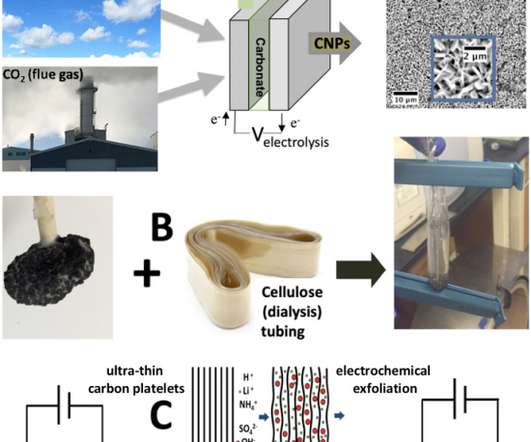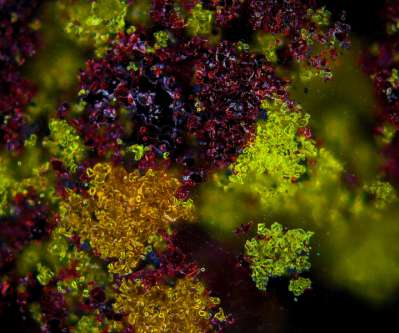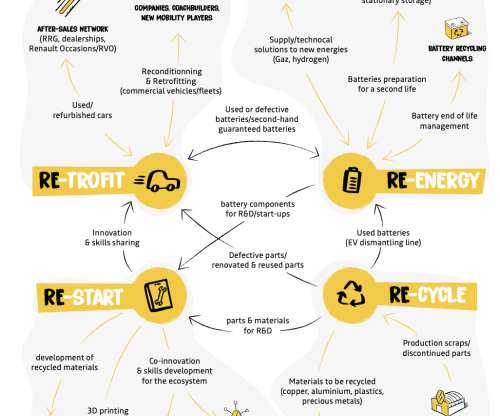ARPA-E awarding $30M to 12 hybrid solar projects; conversion and storage
Green Car Congress
FEBRUARY 7, 2014
Under the FOCUS program, projects will develop advanced solar converters that turn sunlight into electricity for immediate use, while also producing heat that can be stored at low cost for later use as well as innovative storage systems that accept both heat and electricity from variable solar sources. Lead organization.





































Let's personalize your content